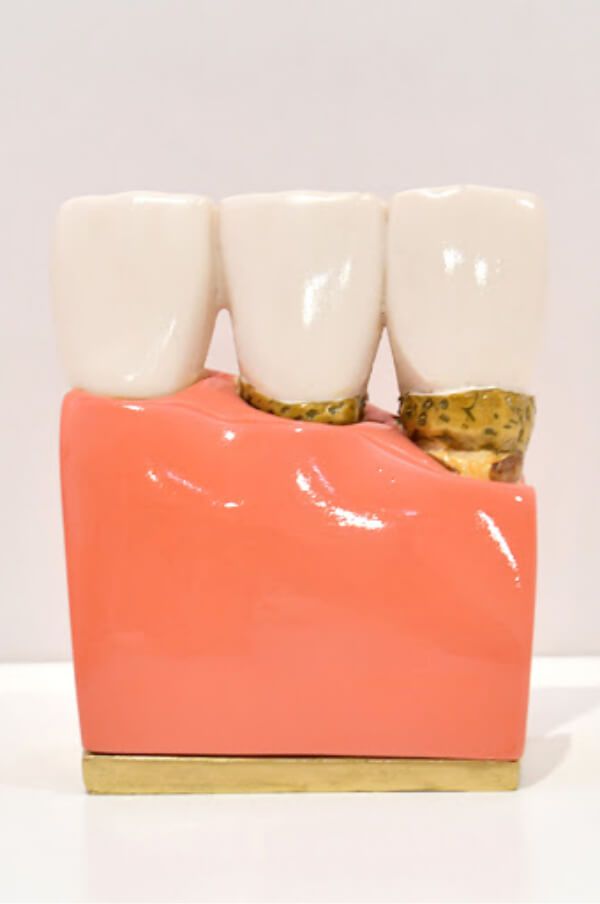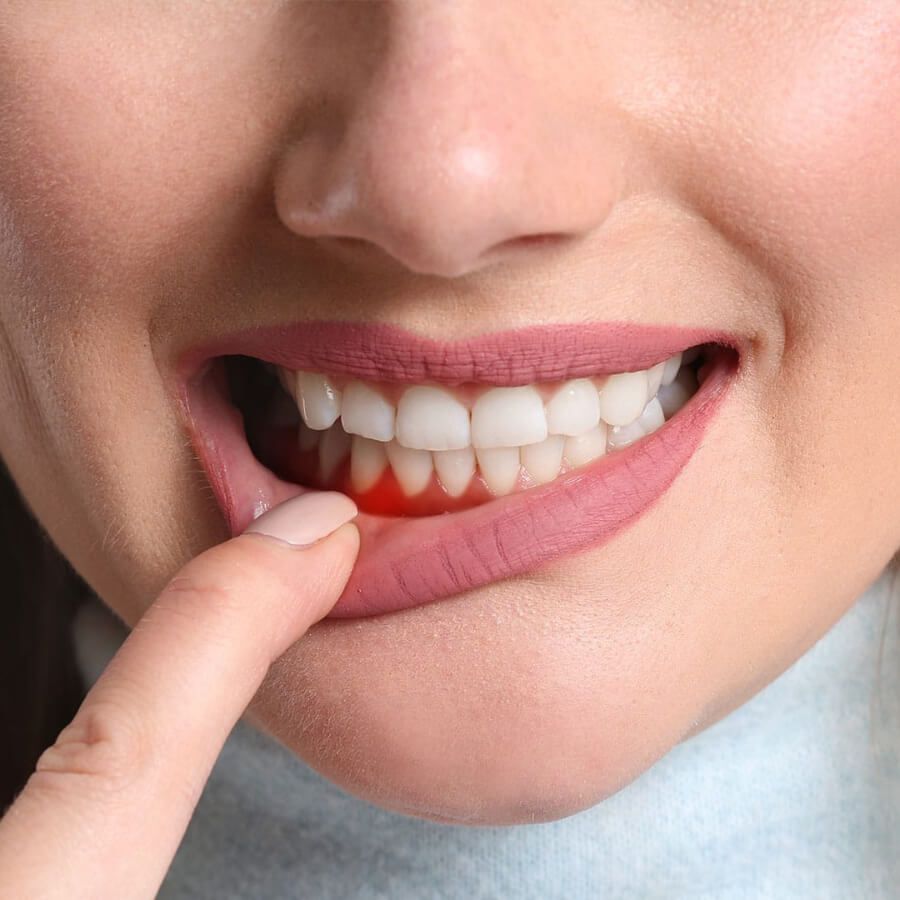Periodontics
6700 Crosswinds Dr N #200B, St. Petersburg, FL 33710

Periodontal Disease
The word periodontal means “around the tooth”. Periodontal disease attacks the gums and the bone that support the teeth. Plaque is a sticky film of food debris, bacteria, and saliva. If plaque is not removed, it turns into calculus (tartar). When plaque and calculus are not removed, they begin to destroy the gums and bone. Periodontal disease is characterized by red, swollen, and bleeding gums.
Four out of five people have periodontal disease and don’t know it! Most people are not aware of it because the disease is usually painless in the early stages.
Not only is it the number one reason for tooth loss, research suggests that there may be a link between periodontal disease and other diseases such as, stroke, bacterial pneumonia, diabetes, cardiovascular disease, and increased risk during pregnancy. Researchers are determining if inflammation and bacteria associated with periodontal disease affects these systemic diseases and conditions. Smoking also increases the risk of periodontal disease.
Good oral hygiene, a balanced diet, and regular dental visits can help reduce your risk of developing periodontal disease.


Bleeding gums – Gums should never bleed, even when you brush vigorously or use dental floss.
Loose teeth – Also caused by bone loss or weakened periodontal fibers (fibers that support the tooth to the bone).
New spacing between teeth – Caused by bone loss.
Persistent bad breath – Caused by bacteria in the mouth.
Pus around the teeth and gums – Sign that there is an infection present.
Receding gums – Loss of gum around a tooth.
Red and puffy gums – Gums should never be red or swollen.
Tenderness or Discomfort – Plaque, calculus, and bacteria irritate the gums and teeth.
Dental implants are typically made of titanium or ceramic, and Dr. Yu currently uses both in his practice. Both materials are a safe and proven effective replacement for the tooth root – the very foundation of a natural tooth. During your consultation Dr. Yu will discuss the best option for you and your specific replacement needs.
The discomfort involved with receiving a dental implant is similar to that of having a cavity filled. It is often done under local anesthesia and patients generally experience little discomfort after the procedure.
Dental implants become fixed to the jawbone. Though the life span of a dental implant will vary with each patient, many have lasted for over 30 years. With good oral hygiene and regular cleanings, dental implants should last a lifetime. In contrast, the average life span of a traditional fixed bridge is between 10-15 years. After their healing period, the success rate of dental implants is between 94% and 98%. If you are a non-smoker with good health and oral hygiene, the percentage is closer to 98%.
Please contact our office to schedule your consult today. 727-384-9122
Call us to schedule an appointment today!
Periodontics office also speak fluent Spanish, Vietnamese, and Korean.